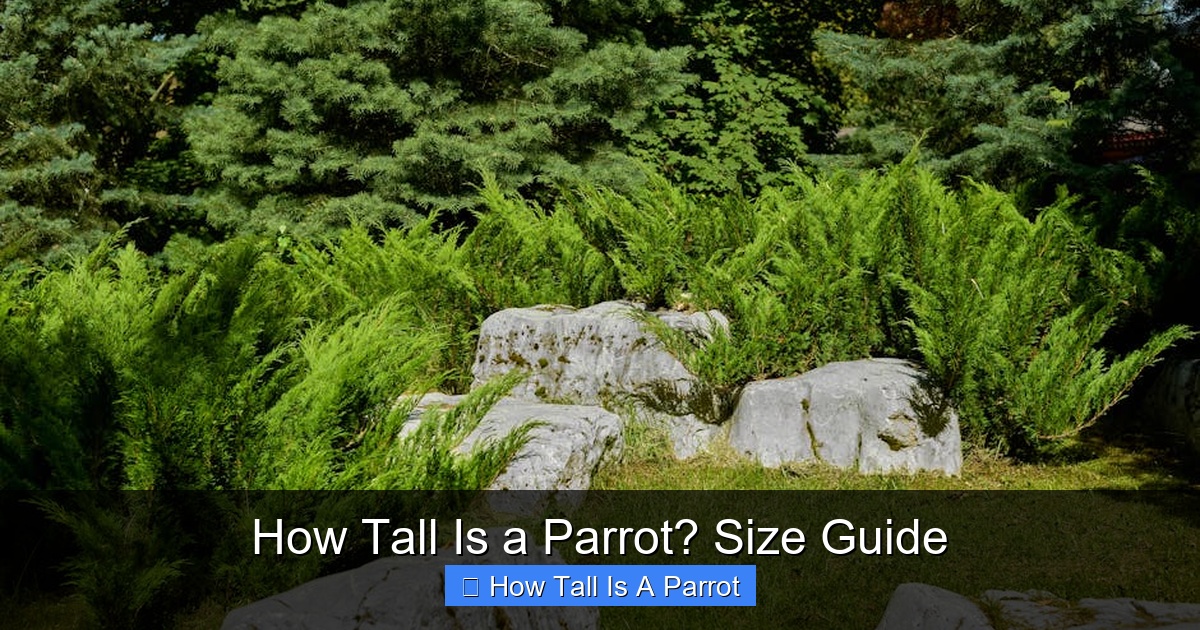
Featured image for this comprehensive guide about how tall is a parrot
This is a comprehensive guide about how tall is a parrot.
Frequently Asked Questions
What is how tall is a parrot?
how tall is a parrot is an important topic with many practical applications and benefits.
How can how tall is a parrot help me?
Understanding how tall is a parrot can improve your knowledge and provide practical solutions.
